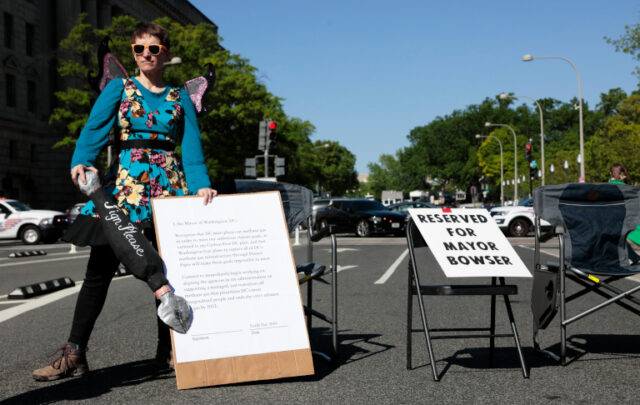UK interest rates must rise at a faster rate than currently forecast if oil prices stay permanently above $42 a barrel, new research has suggested.
The Bank of England would have to tighten monetary policy to keep inflation under control, according to the National Institute of Economic & Social Research (NIESR).
Fears over the impact of a permanent rise in oil prices on the UK economy have risen since the cost of crude hit a record high of $49.40 in New York last month.
Although they have slipped back since then, prices continue to hover around $43 a barrel and could climb again as demand builds during winter.
The NIESR said higher oil prices reduce growth and raise costs, contributing to the build-up of inflationary pressures in the economy.
Much depends on whether the increase in oil prices has been driven by temporary factors, such as supply disruptions in key oil producing nations, or more permanent ones.
Ray Barrell, senior research fellow at NIESR, said the recent spike in the oil price was driven largely by supply disruptions.
In Iraq, production is only at two-thirds of its target of three million barrels a day following a string of terrorist attacks on pipelines and oil installations.
Markets have also been unsettled by potential cuts to output in Venezuela and Russia, where Yukos is locked in a stand-off with authorities.
But Mr Barrell said permanent factors such as rising demand in China and India meant that the price of crude was unlikely to slide too far below $36 a barrel.
The NIESR said a permanent rise to $42 would add 0.1% to inflation each year in the eurozone and 0.25% annually in the US.
If oil prices doubled as they did in 1974 and 1979, then the NIESR warned that the economy would slow down severely as output ground to a halt. This scenario was considered to be highly unlikely as better fuel efficiency in transport and manufacturing meant oil now formed a smaller proportion of costs.





